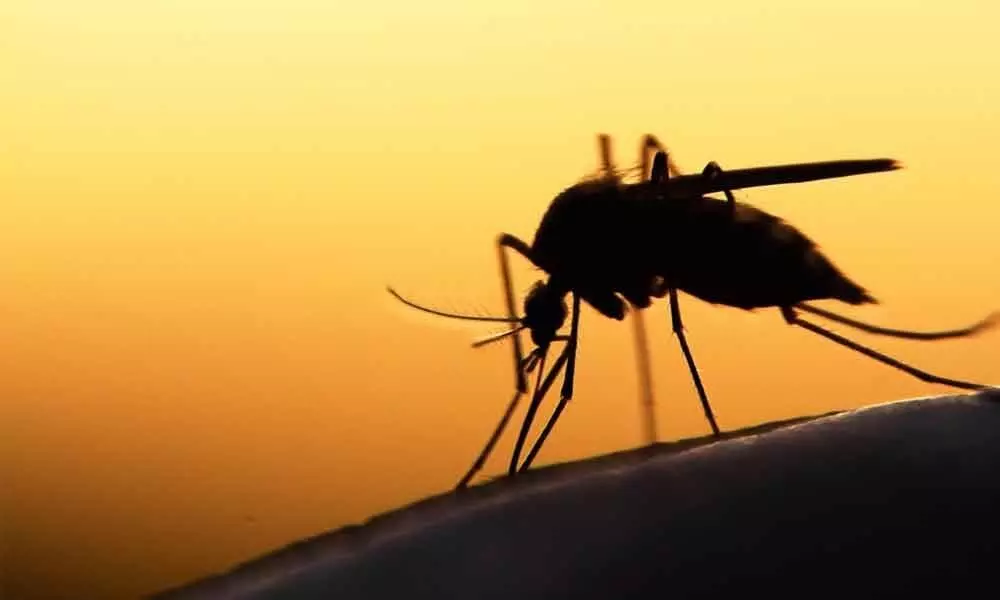Hyderabad: CCMB on track to find way to halt spread of malaria

A team of scientists working on a project to control spread of malaria at the Centre for Cellular and Molecular Biology (CCMB) in Habsiguda has revealed that genetic alterations in the malarial pathogen can help control effective spread of malaria.
Habsiguda: A team of scientists working on a project to control spread of malaria at the Centre for Cellular and Molecular Biology (CCMB) in Habsiguda has revealed that genetic alterations in the malarial pathogen can help control effective spread of malaria.
According to Dr Puran Singh, a senior scientist at CCMB, the team used electroporation method to alter the genes of malarial parasite. The scientists also found that the genes of plasmodium parasite grow in oxygen carrying red blood cells. And the red blood cells are acting as protection layer for the parasite.
"In order to enter into the red blood cell, we found 'Lyse release' method as the best and easy way for economical Gene delivery. Using this method, the RBC cells lyse or open when salt concentration is lower outside the cell than inside it. This allowed us to fill in the RBC's with circular DNA of our choice and enabled us to alter the DNA of malarial parasite," said Dr Singh.
By increasing the salt concentration in a laboratory solution the researchers enabled the RBC closed and released and the DNA of interest was inserted in the plasmodium falciparum. This enables the parasite to go inside the RBC and passively takes the DNA from the RBC.
The DNA eventually ends up in the parasite's nucleus with its own genes. This method is found to be as effective as electroporation and works with 10 times less DNA.
The scientists also revealed that since the electroporation technique can also be carried out at laboratory, it is most cost effective and easy to set up and can be used in areas of endemic malaria. This enables easier access to treatment and helps in the control of spread of malaria.
As the plasmodium parasite is found to cause malaria in more than half of world population across 92 countries, the Indian scientists at CCMB are working toward the goal of making India and the world at large free of Malaria.
Dr Rakesh Mishra, Director of CCMB, said the scientists during their research faced many challenges as understanding the gene of a parasite and targeting it in the human blood was tough. However, they successfully succeeded and found a way to alter the genes and could control the spread of malaria.
A team of researchers find how to genetically alter malarial parasite
• According to Dr Puran Singh, a senior scientist at CCMB, the team used electroporation to alter genes of malarial parasite. They also found the genes of plasmodium parasite grow in oxygen-carrying red blood cells. And the red blood cells are acting as protection layer for the parasite
• Dr Rakesh Mishra, Director of CCMB, says the scientists faced many challenges as understanding the gene of a parasite and targeting it in the human blood was tough. However, they successfully succeeded and found a way to alter the genes and could control the spread of malaria



















